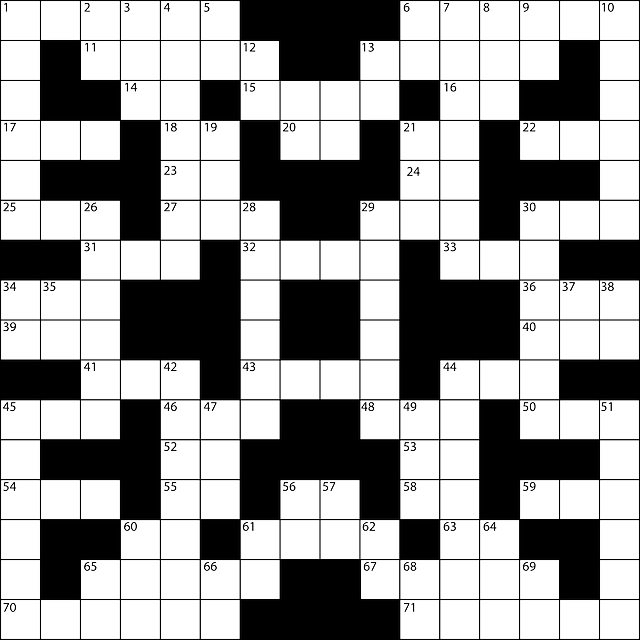In our everyday lives, we often face challenges that seem never-ending and impossible to conquer. One such challenge is what some might call “keeping it to zero,” whether it’s an inbox, a to-do list, or even the goal of maintaining social distancing in public spaces. This concept is frequently described as a Sisyphean task—a reference to the Greek myth of Sisyphus, a figure condemned by the gods to push a boulder up a steep hill for eternity, only for it to roll back down each time he neared the top. The phrase “keeping it to zero is a Sisyphean task” encapsulates the frustration and futility of striving for a goal that feels perpetually out of reach. This metaphor finds resonance in many aspects of modern life, from tackling endless emails to navigating the continuous updates in safety guidelines. It’s a challenge that feels as infinite and arduous as the myth itself.
The Myth of Sisyphus and Its Modern Implications
Sisyphus, a cunning king from Greek mythology, was punished by Zeus for his deceitful nature. His eternal punishment was to roll a boulder up a hill, only to watch it roll back down each time he neared the summit. This myth has become a powerful symbol of laborious, repetitive tasks that seem to have no end—tasks that are exhausting and seemingly impossible to complete.

In today’s world, “keeping it to zero is a Sisyphean task” often refers to the idea of maintaining zero unread emails, zero pending tasks, or zero infections. This concept can feel like a Sisyphean task, as it requires constant effort and vigilance. Much like Sisyphus, individuals find themselves stuck in a cycle, where achieving zero can be momentarily satisfying, but is soon followed by the realization that the work must begin again.
The Modern-Day Sisyphean Tasks
1. Inbox Zero
One of the most relatable examples of a Sisyphean task is maintaining an empty email inbox, even when using email outreach tools. The moment you achieve “inbox zero,” new cold emails start pouring in, requiring continuous attention and effort. The process is mind-numbing and often feels like an impossible feat, much like Sisyphus pushing his boulder.
2. Social Distancing
During the pandemic, “keeping it to zero” infections became a public health goal. Implementing and maintaining social distancing measures became an extremely effortful process.

Despite the collective efforts, the virus persisted, making it feel like a Sisyphean task. The ever-changing guidelines and compliance difficulties mirrored the never-ending struggle faced by Sisyphus.
3. Daily Chores and Tasks
From mundane daily chores to more significant life goals, many tasks can feel Sisyphean. Whether it’s the endless cycle of laundry, the repetitive nature of work assignments, or the continuous pursuit of personal goals, these activities often seem like steep hills we must climb over and over.
Sisyphean Tasks in Crossword Puzzles
Interestingly, the term “Sisyphean task” also finds its place in the world of puzzles. For instance, it often appears as a clue in various crosswords, including the York Times Crossword Puzzle, the York Times Mini Crossword, and the NYT Mini Crossword. The clue usually leads to answers like “impossible” or “extremely effortful,” reflecting the nature of the myth.

For crossword enthusiasts, solving these puzzles can sometimes feel like a Sisyphean task, especially when they are stuck on particularly tricky clues. The continuous effort to fill in the correct words can feel endless, but the satisfaction of completing a puzzle can be immensely rewarding—much like the brief moment of triumph Sisyphus might feel as he nears the top of the hill. That’s why keeping it to zero is a Sisyphean task.
Finding Meaning in Sisyphean Tasks
While the story of Sisyphus is often seen as a tale of futility, it can also be interpreted as a metaphor for perseverance and resilience. The constant effort required to maintain “zero” in various aspects of life teaches valuable lessons about persistence and finding meaning in the process, rather than just the outcome.
Albert Camus, in his essay “The Myth of Sisyphus,” suggests that we must imagine Sisyphus as happy, embracing his endless task as a form of defiance against the gods. In the same way, we can find a sense of purpose and satisfaction in our Sisyphean tasks for new york times crossword app about Greek Gods or other examples and answer trouble.

Whether it’s maintaining a clean inbox, following health guidelines, or solving a challenging crossword, these efforts are not wasted. They build discipline, strengthen our problem-solving skills, and remind us of the importance of staying committed, even when the task seems never-ending.
Future Implications on Keeping it to zero is a Sisyphean task Crossword Clue
As we look toward the future, the concept of “keeping it to zero is a Sisyphean task” will likely continue to resonate across various domains. In digital spaces, maintaining inbox zero or solving daily puzzles like the York Times Mini Crossword may become increasingly challenging as the volume of information grows.
The “Sisyphean task crossword clue” may become a more frequent metaphor in the York Times Crossword Puzzle, reflecting the perpetual cycle of seemingly impossible tasks.
The rise of AI and automation could either alleviate or exacerbate these challenges, depending on how effectively they are implemented. The myth of Sisyphus may find new relevance as society grapples with balancing technology and human effort.

Moreover, societal issues like social distancing could become recurring tasks, demanding ongoing vigilance. As these “boulders” of life continue to roll back, our collective ability to adapt and persist will be critical in facing these modern Sisyphean tasks.
Conclusion on Keeping it to zero is a Sisyphean task
“Keeping it to zero is a Sisyphean task” is a powerful metaphor for the never-ending challenges we face in life. Whether it’s managing daily tasks, adhering to public health measures, or tackling challenging puzzles, these tasks require continuous effort and resilience. Like Sisyphus, we may never fully conquer these challenges, but the journey itself offers valuable lessons and opportunities for growth. Embracing the effort, finding moments of joy in the process or tool, and acknowledging the inevitability of the “boulder” rolling back down can help us navigate these Sisyphean tasks with grace and determination.
